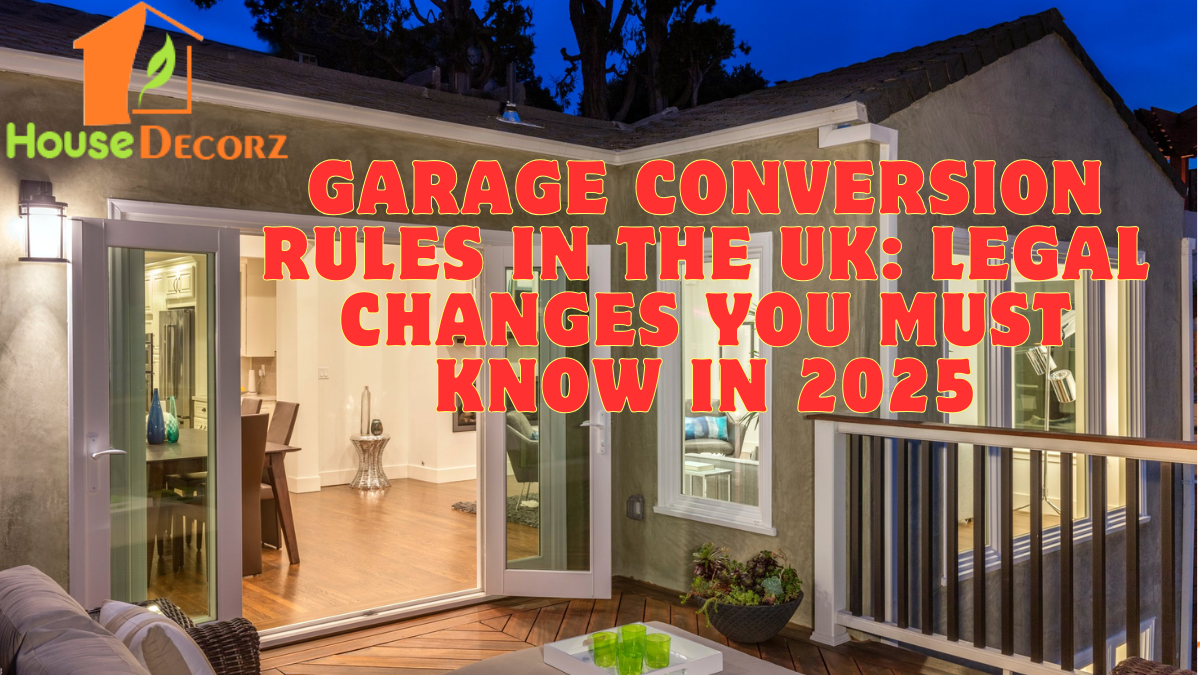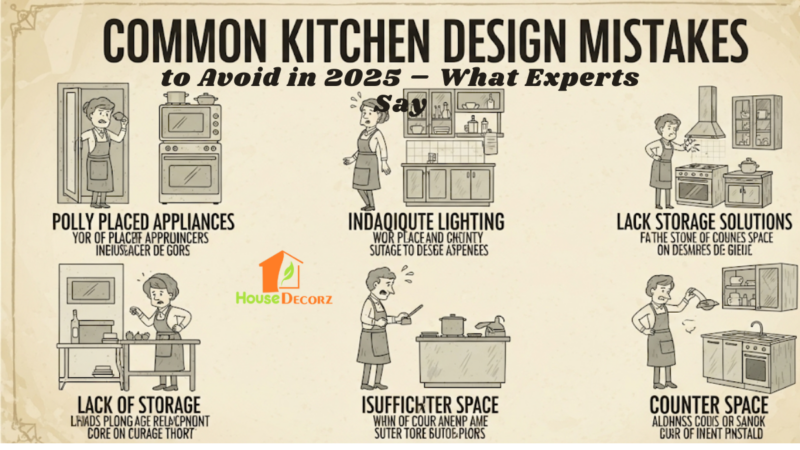Garage Conversion Rules in the UK: Legal Changes You Must Know in 2025

Converting a garage into a functional living space is one of the most popular home improvement projects across the UK.
It’s cost-effective, adds valuable square footage, and can significantly increase your home’s value. However, with changes in regulations in 2025, it’s crucial to stay informed about the garage conversion rules UK homeowners must follow to remain compliant and avoid costly legal missteps.
This guide breaks down the latest updates, key legal considerations, and practical steps to help you plan your conversion with confidence.
Why Garage Conversions Are Booming in the UK
With rising property prices and a growing need for flexible living space, more homeowners are repurposing garages into home offices, gyms, guest bedrooms, or even self-contained rental units. The appeal lies in the fact that conversions typically require less structural work than extensions and offer quicker turnaround times.
However, as demand has increased, so has government attention on regulating conversions to ensure safety, proper usage, and neighbourhood compatibility.
Do You Need Planning Permission for a Garage Conversion in 2025?
In many cases, you don’t need full planning permission to convert a garage—thanks to Permitted Development Rights. But the 2025 rules have introduced some changes that affect certain homeowners.
When Planning Permission Is Not Required:
- The conversion is internal (no extension or major exterior alteration).
- Your property is not in a conservation area, national park, or listed.
- The garage is attached and being turned into a habitable room (like a bedroom or study).
- There’s no significant impact on the property’s external appearance.
When You Do Need Planning Permission:
- Detached garages being converted into separate living spaces.
- Structural changes such as raising the roof or altering the façade.
- Your property is under an Article 4 Direction (which removes permitted development rights).
- The converted space is intended for separate rental or business use.
Tip: Always check with your Local Planning Authority (LPA) before starting, as local rules may vary.
Key Legal Changes to Garage Conversion Rules UK in 2025
1. Tighter Rules on Separate Dwellings
If you’re converting your garage into a self-contained unit (e.g., for Airbnb or long-term rent), you’ll likely need full planning permission and to meet building regulations for new dwellings, including sound insulation, fire escape routes, and energy efficiency.
2. New Building Regulations Updates
2025 brought updates to Part L (energy performance) and Part F (ventilation). This means:
- Insulation must meet higher standards.
- Proper ventilation is mandatory, including extractor fans in bathrooms.
- Windows and doors must be double-glazed and energy-efficient.
3. Parking Considerations
Several councils now require that off-street parking be maintained. If converting your garage reduces available parking, you may face objections or be required to create alternative spaces.
Garage Remodel Legal Guide: Step-by-Step
- Confirm Use and Design: Define how you’ll use the space and whether it stays part of the main home or becomes a separate unit.
- Check Permitted Development Rights: Contact your local council to verify current regulations for your area.
- Apply for a Lawful Development Certificate (optional but recommended): Proves your conversion complies with regulations.
- Ensure Building Regulations Approval: Regardless of planning permission, building control approval is mandatory.
- Hire Professionals: Work with qualified architects, builders, and structural engineers to ensure legal compliance.
Real-Life Example
In 2025, a family in Manchester converted their attached garage into a home office and playroom without needing full planning permission. However, because their home was in a conservation area, they were required to get design approval for the replacement of the garage door with a window to preserve the area’s character. Skipping this step would have led to enforcement action.
Recommendation
Garage Door Christmas Decorations Ideas
How to Manually Open Garage Door After A Power Outage
5 Budget-Friendly Home Decor Trends Americans Are Loving in 2025
Smart Lighting Ideas That Cut Your Energy Bill in Half – 2025 USA Edition
FAQs: Garage Conversion Rules UK
Q1. Do I need building regulations approval for all garage conversions?
A: Yes. Regardless of whether planning permission is required, you must follow UK building regulations to ensure the space is safe, insulated, and properly ventilated.
Q2. Can I convert a detached garage into a rental flat?
A: Only with full planning permission. Detached garages used as separate dwellings require more scrutiny and must meet stringent standards.
Q3. How much does a legal garage conversion cost in the UK?
A: Costs range from £7,000 to £20,000+, depending on design, insulation needs, plumbing, and electrical work. Legal fees or permissions may add to the total.
Q4. Will converting my garage affect council tax?
A: If the garage becomes a separate living space, it may be assessed for its own council tax band. Integrated conversions usually don’t impact your current rate.
Q5. Can I convert my garage into a business space?
A: Possibly, but if the use significantly changes the nature of your property (e.g., regular client visits), you may need planning permission or to comply with commercial regulations.
Final Thoughts
With more people choosing to stay put and maximise their current homes, garage conversions remain a smart, value-boosting option. But in 2025, legal oversight is more detailed, and failing to follow updated garage conversion rules UK can cost time, money, and future property value.
Before you begin, review your local planning policies, secure the necessary approvals, and work with professionals familiar with UK planning permission and building regulations. A properly executed conversion adds not just space—but peace of mind.






